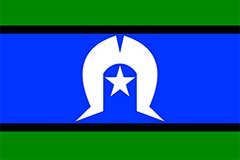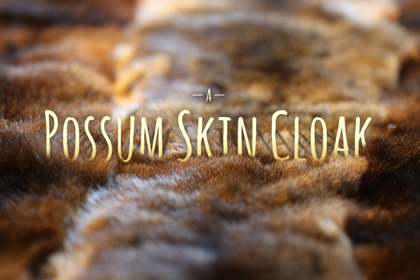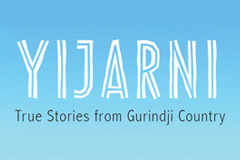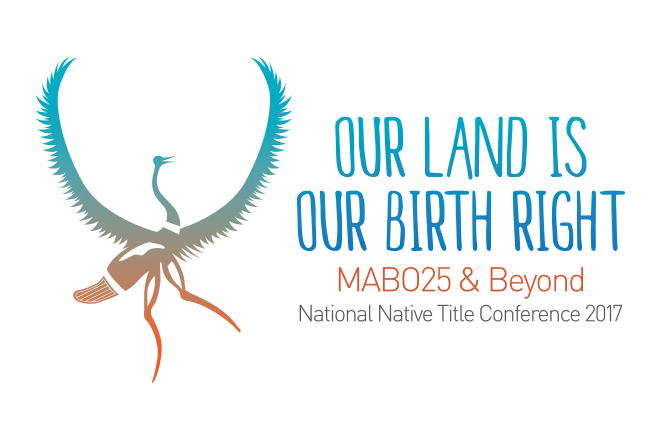Background
The Australian Aborigines League was established in 1932 by William Cooper, who at age 71 took on the role of Honorary Secretary.
After seeking permission from the Board of Protectors, and with limited means available that would enable broad reach, William Cooper circulated a petition in 1933 - 1934 across Australia calling upon the government to improve living conditions for Aborigines and to enact legislation that would guarantee Aboriginal representation in Parliament.
Even though the Chief Protector’s advice to the Administrator of the Northern Territory suggested that "…the vast majority of the signatories will not understand the significance of appending their names to the petition, or comprehend the tenor or purpose of the petition itself" 1 , over eighteen hundred signatures were collected.
Cooper held off sending the petition, waiting until the meeting of Premiers in August 1936, and as that meeting �?proved abortive, as far as the aboriginal cause was concerned’2. He then waited for the first meeting about �?Aboriginal Welfare’ conference between Commonwealth and State Aboriginal authorities held in Canberra in April 1937, which resulted in no new announcements relating to Aboriginal people. Cooper had waited and waited, having confidence in the government he held off sending the petition until such time that it was clear that no changes in conditions for his people would be forthcoming.
William Cooper sent the petition, with 1814 signatures, to Prime Minister Joseph Lyons, in an undated letter in circa August of 1937, in the hope that he would forward it to King George VI. He wrote,
"Dear Mr. Lyons, … I am forwarding you the petition, signed by 1814 people of the Aboriginal race, praying His Majesty the King to exercise the Royal Prerogative by intervening for the preservation of our race from extinction and to grant representation to our race in the Federal Parliament.
In requesting that you forward the petition to His Majesty…"3
The petition is discussed in a number of files held at the National Archives of Australia, however, in spite of the efforts of numerous researchers and archivists, it is yet to be located.
While the government acknowledged receipt of the petition, they gave no indication that it would be forwarded to the King. So on November 12, 1937, Cooper called a meeting in Melbourne, at which Ferguson described life on reserves, and Doug Nicholls also spoke.
The following day quotes from their speeches appeared in the Argus. At that meeting Cooper called for a Day of Mourning and protest in Sydney to be held on the following 26th of January.
The Argus 13 November 1937 page 1, Aborigines’ Day of Mourning Plan for 150th anniversary
"Plans for the observance of aborigine's throughout Australia of a �?Day of Mourning’ simultaneously with the 150th anniversary celebrations in Sydney, were announced by the Australian Aborigines League.
“While white men are throwing their hats in the air with joy,” said the chairman (Mr A.P.A. Burdeu), “aborigines will be in mourning for all that they have lost.”
It was hoped, Mr Burdeu added, that the Day of mourning would direct the attention of the people of Australia to the desire of the aborigines for full rights of citizenship.
Stating that he was proud of his aboriginal blood, Mr William Ferguson, … said that the aborigines did not want protection. "We have been 'protected' for 150 years, and look what has become of us," he said. ...
Mr Ferguson complained bitterly of the treatment of aborigines at aboriginal settlements in NSW. "It would be better for the authorities to turn a machine-gun on us," he said.
Mr Douglas Nicholls, ... said that aborigines were not satisfied merely to be kept alive by a weekly issue of rations. "We do not want chicken food," he said. "We are not chickens; we are eagles." 4
Jack Patten, President of Aborigines Progressive Association and William Ferguson also wrote a pamphlet, �?Aborigines Claim Citizens Rights’ to show why 26 January is a day of mourning for Aboriginal people. The pamphlet has been called a manifesto for Aboriginal people and describes conditions for Aboriginal people in Australia from their own perspective.
"You are the New Australians, but we are the Old Australians. We have in our arteries the blood of the Original Australians, who have lived in this land for many thousands of years. You came here only recently, and you took our land away from us by force. You have almost exterminated our people, but there are enough of us remaining to expose the humbug of your claim, as white Australians, to be a civilised, rogressive, kindly and humane nation".
The pamphlet also discusses the rights of children,
"The Aboriginal Protection Board... has 'protected' the full-bloods of New South Wales so well that there are now less than a thousand of them remaining... Its powers are so drastic that merely on suspicion or averment it can continue its persecuting protection unto the third, fourth and fifth generation of those so innocently unfortunate as to be descended from the original owners of this land...
The Board may cause the child of any Aborigine to be apprenticed to any master, and any child who refuses to be so apprenticed may be removed to a home or institution. The Board may assume full control and custody of the child of any Aborigine.... Give our children the same chances as your own, and they would do as well as your children!" 5
A number of non Indigenous people assisted the AAL. One such person was Helen Baillie who over the years was very supportive of the AAL, even driving William Cooper, Doug Nicholls and Margaret Tucker from Melbourne to Sydney for the Day of Mourning. Upon arriving in Sydney "the three Victorians alighted, �?scared white’ by Mrs Baillie’s incredible driving. She had talked incessantly as she drove, at full speed for most of the way, up the treacherously narrow and twisted Hume Highway, and she killed three cows. (The three passengers returned to Melbourne later in the week by train.)"6
Not all Aboriginal people were in agreement with William Cooper and William Ferguson, for example, David Unaipon wrote against the idea of a Day of Mourning: (see article).
William Cooper wrote many articles to many newspapers regarding improvement of conditions for Aboriginal people and promoting the Day of Mourning.
Footnotes
- National Archives of Australia: Representation of Aborigines in Commonwealth Parliament; A431, 1949/1591 p. 159 Memorandum: Department of the Interior, 5 March 1932
- National Archives of Australia: Australian Aborigines League; A659 1940/1/858 p. 109; letter to Minister for he Interior, Thomas Paterson from William Cooper, Honorary Secretary, Australian Aborigines’ League, 16 June 1937
- National Archives of Australia: Australian Aborigines League; A659 1940/1/858 p. 125 letter to Prime Minister Lyons from William Cooper, Honorary Secretary, Australian Aborigines’ League, undated
- The Argus 13 November 1937, p. 1
- Patten, J.T. and Ferguson, W. Aborigines claim citizen rights! : a statement of the case for the Aborigines Progressive Association, Sydney : The Publicist , 1938
- Horner, Jack, Vote Ferguson for Aboriginal freedom, Australian and New Zealand Book Co. 1974, p. 63-64






